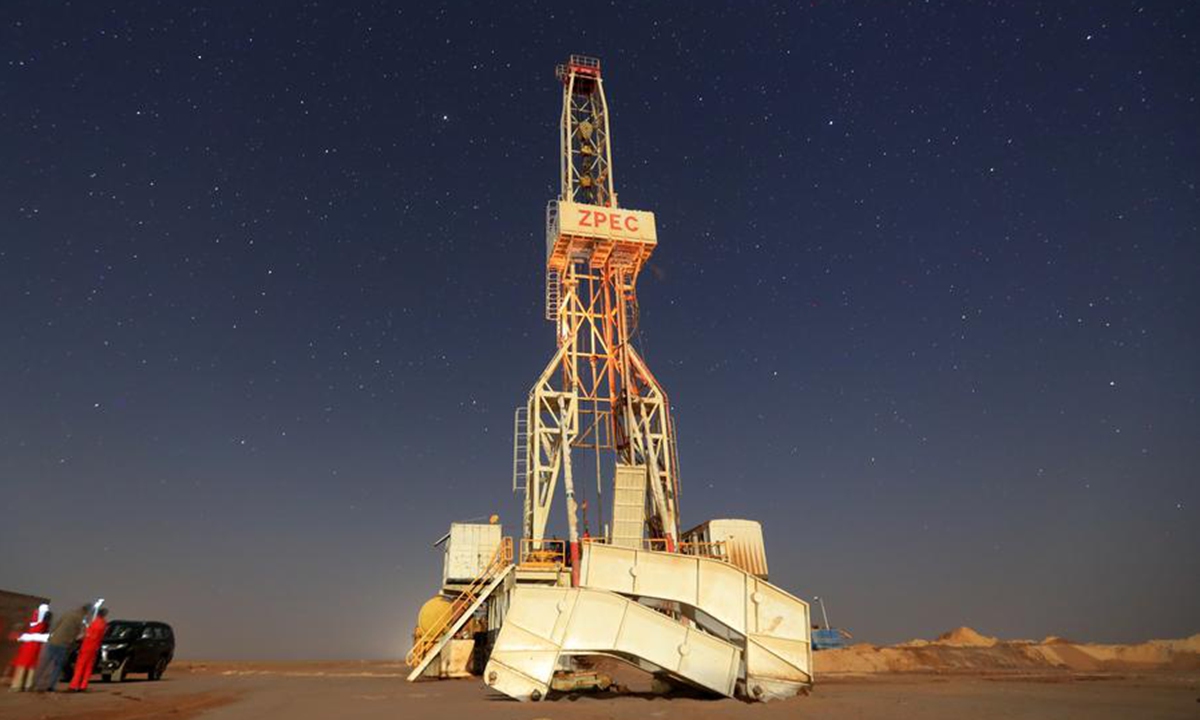Elon Musk's Vision: Techno-Futurism, Longtermism, and the Pursuit of a Transhuman Future
2025-05-29

The New York Times
Elon Musk, a name synonymous with innovation and ambition, isn't just building electric cars and rockets; he's championing a philosophy that blends techno-futurism and longtermism, sparking both excitement and controversy. Critics argue that longtermism, the idea of prioritizing the well-being of future generations, is particularly appealing to tech billionaires like Musk, offering a moral justification for their grand, often world-altering, projects. But what's the core of this philosophy, and what are Musk's ultimate goals?
The Rise of Techno-Futurism: At its heart, Musk's worldview is deeply rooted in techno-futurism. This isn't simply about embracing technology; it's about believing that technological advancements hold the key to solving humanity’s most pressing challenges and fundamentally reshaping what it means to be human. Musk's ventures, from Tesla's sustainable energy solutions to SpaceX's ambition to colonize Mars, exemplify this belief. He envisions a future where technology not only improves our lives but also ensures our survival as a species. This perspective fuels a drive to push boundaries, challenge conventional wisdom, and invest in seemingly audacious projects.
Longtermism: A Moral Imperative for the Future: Longtermism, as championed by organizations like 80,000 Hours, posits that we have a moral obligation to consider the impact of our actions on future generations, potentially spanning centuries or even millennia. This perspective suggests that actions taken today can have profound and lasting consequences for those who will inherit the world. Musk’s alignment with longtermism isn’t coincidental. The existential risks facing humanity – climate change, artificial intelligence, pandemics – demand long-term thinking and proactive solutions. Musk sees technological innovation as the primary tool for mitigating these risks and securing a positive future.
The Utopian Vision: Humans, Robots, and AI Enhancement: The most controversial aspect of Musk's vision is the potential for a future populated by both biological and robotic humans, all significantly enhanced by artificial intelligence. This isn't a dystopian science fiction scenario, according to his proponents, but rather a necessary step in ensuring humanity's adaptability and resilience. Neuralink, Musk’s brain-computer interface company, is a direct manifestation of this ambition. The goal is to merge human intelligence with AI, creating a symbiotic relationship that allows us to keep pace with rapidly advancing technology. Critics, however, express concerns about the ethical implications of such a future, including the potential for exacerbating inequality, eroding human autonomy, and creating unforeseen risks associated with advanced AI.
The Critics' Perspective: Morality and Control: The skepticism surrounding Musk’s vision often centers on the perception that it’s a thinly veiled justification for consolidating power and control. Critics argue that longtermism provides a convenient framework for wealthy tech leaders to pursue their own agendas under the guise of benefiting future generations. They suggest that the ultimate goal isn't necessarily a benevolent utopian society, but rather a civilization shaped and controlled by those who possess the resources and technological expertise to create it. This raises fundamental questions about who gets to decide the future of humanity, and whether such a future can truly be equitable and inclusive.
Looking Ahead: A Complex and Evolving Philosophy: Elon Musk's techno-futuristic philosophy, intertwined with longtermism, presents a complex and evolving vision for the future. While his ambition and technological prowess are undeniable, the ethical and societal implications of his goals remain a subject of intense debate. As his ventures continue to push the boundaries of what's possible, it's crucial to critically examine the potential benefits and risks of this increasingly influential worldview. The future he envisions is one of profound transformation—a future that demands careful consideration and open dialogue.






